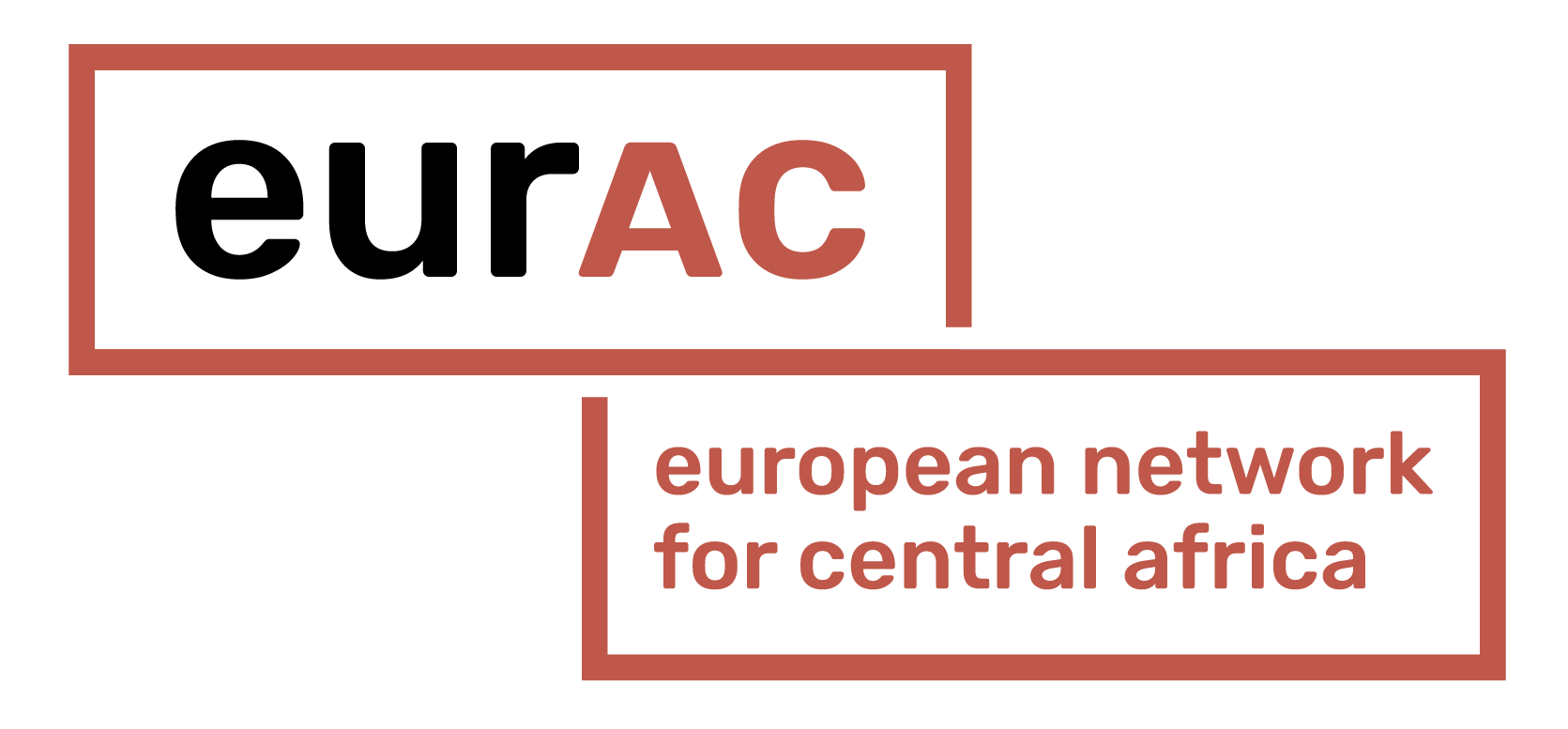WORKSHOP REPORT : European Regulation on Responsible Mineral Sourcing
The 1st of January 2021 marked the entry into force of the European Regulation on Responsible Sourcing of tin, tungsten tantalum and gold (3TG) from conflict-affected and high-risk areas (EU CMR or Regulation). The objective of the Regulation is to oblige European companies to carry out due diligence checks on their suppliers up-to the middle of the supply chain in order to minimize and manage the risks of human rights abuse and to break the link between the exploitation of mineral resources and violent conflicts. The Regulation was accompanied by the disbursement of 20 million euros worth of ‘accompanying measures’ by the European Commission to assist producing countries, local communities and the most vulnerable actors in the production chains to engage with systems of accountability throughout the chain.
The Regulation represents an important first step in ensuring transparent mineral production chains that curb human rights abuses. However, it remains to be seen what the real impact is in producing countries, particularly with regards to benefits for local communities and small-scale artisanal mining operators. In this report we will focus on the producing countries of the Democratic Republic of Congo (DRC) and Columbia.
In September 2021, a three-day online workshop brought together more than fifty representatives of Colombian, Congolese and European civil society organizations (CSO) to discuss the EU CMR implementation. This workshop was followed by a public online conference where civil societies addressed their concerns to EU representatives (both from the EU Parliament and the Commission) and presented their recommendations.
The workshop and conference aimed to give the opportunity to civil society organizations from producing countries to share their analysis on the risks, opportunities and challenges offered by the Regulation. Moreover, the participants were encouraged to share experiences and good practices. Specific attention has been given to the issues of environmental protection, which is absent from the Regulation. Finally, private sector representatives also had the opportunity to take part in the discussion – to exchange with civil society, explain their own challenges with implementing the Regulation and share their best practices.
This document aims to summarize the main recommendations that have been elaborated during the workshop. Indeed, in view of the evaluation of the accompanying measures this year (2022), the review of the Regulation in 2023, as well as upcoming legislations such as a horizontal due diligence legislation (Sustainable Corporate Governance Initiative) and the Batteries Regulation, it is crucial that CSOs’ voice from producing countries are heard and taken into consideration.
Since the adoption of the EU CMR in 2017, CSOs both from producing countries and Europe have underlined a number of concerns. In 2019 these CSOs organized a first workshop and subsequently published a report with key recommendations on the implementation of the EU CMR.[1] The exchanges and testimonies shared during our second workshops in 2021 have shown that important problems persist in the design and implementation of the Regulation.
The discussions did not include the limited scope of the Regulation (addressing supply chains up to refiners and smelters and excluding manufactured products) and the reliance on industry schemes. These themes were discussed in other publications [2]. The exchange focused on four main issues that need to be addressed:
- Smuggling, fraud, money laundering and high corruption;
- Access to market and costs distribution for due-diligence;
- Criminalization of artisanal miners and high obstacles for them to comply with the Regulation (lack of financial, personal, and educational resources, no access to markets, high thresholds);
- Environmental standards are of great importance both for Colombia and DRC and should be included into the regulation.
____________________________________________________________________
[1] EURAC, “The EU Regulation on responsible mineral supply accompanying and its measures: from civil society from producing countries”, Workshop Report, December 2019, URL : https://www.eurac-network.org/sites/default/files/2019_eurac_report_workshopresponsiblemineralsourcing_vf.pdf
[2] EURAC, EUROPEAN NGO COALITION ON MINERALS, PAX, “The EU Conflict Minerals Regulation”, June 2021, URL : https://www.eurac-network.org/sites/default/files/202106_coregroup_reviewpaper_3tg_implementation_memberstates.pdf

